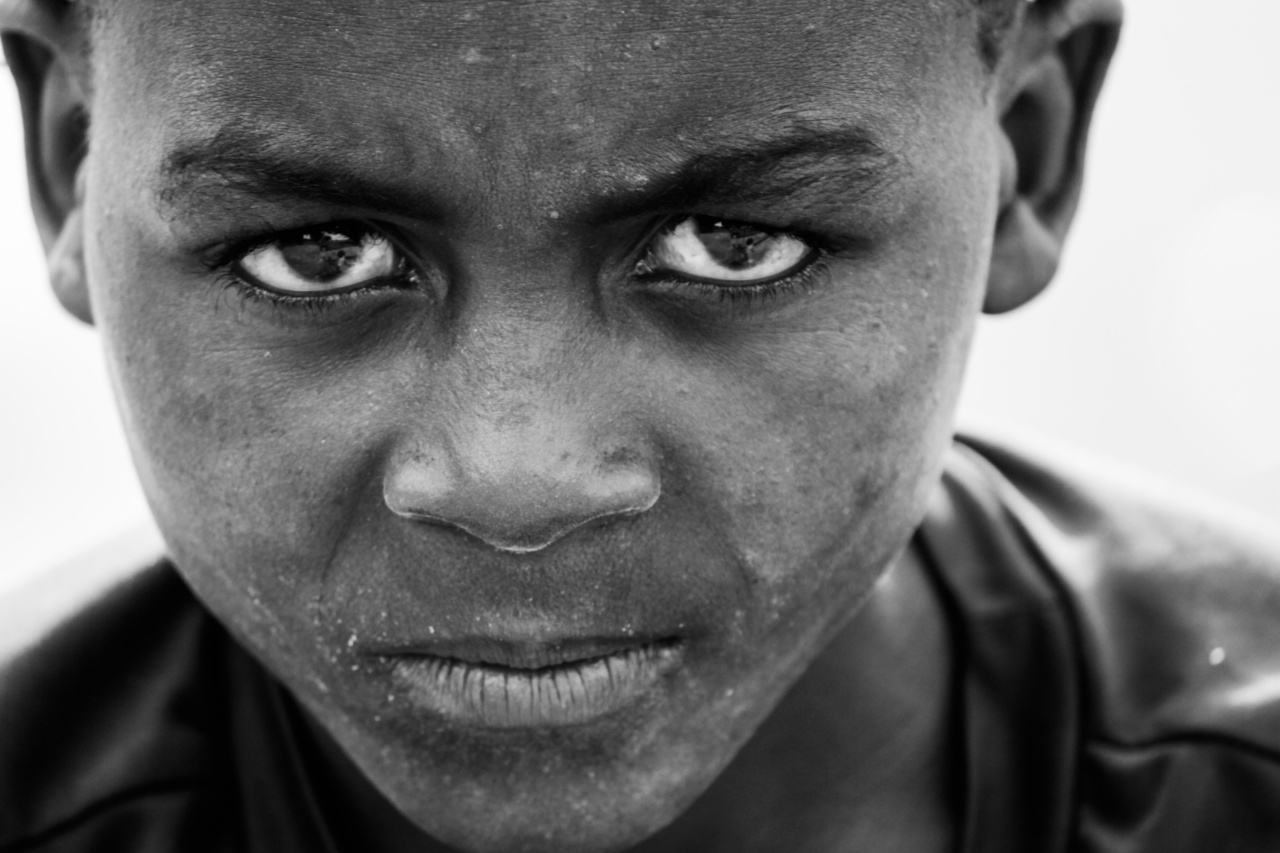As a parent, it is important to monitor your child’s health and be aware of any potential signs or symptoms of various conditions.
One such condition is hypothyroidism, which is a disorder that affects the thyroid gland and can have significant effects on a child’s growth and development. Early detection and treatment of hypothyroidism is crucial to prevent any long-term complications. In this article, we will discuss the signs and symptoms to look for in order to detect hypothyroidism in your child.
Understanding Hypothyroidism
Hypothyroidism occurs when the thyroid gland, located in the neck, does not produce enough thyroid hormones. These hormones play a crucial role in regulating the body’s metabolism, growth, and development.
When the thyroid gland doesn’t function properly, it can lead to various health problems, particularly in children.
Signs and Symptoms of Hypothyroidism in Children
It is important to note that the symptoms of hypothyroidism in children can vary and may not be obvious at first. Some common signs and symptoms to look out for include:.
-
Poor Growth
Children with hypothyroidism may experience slow growth, both in terms of height and weight. If you notice that your child is not growing as expected or is falling behind their peers, it is important to consult with a healthcare professional.
-
Delayed Development
Hypothyroidism can delay a child’s overall development. They may have delayed milestones such as sitting up, crawling, and walking. Additionally, they may have difficulties with fine motor skills and speech development.
-
Fatigue and Lethargy
Children with hypothyroidism may display unusual tiredness, fatigue, and lethargy. They may seem less energetic compared to their peers and tire easily during physical activities.
-
Weight Gain
Despite having a poor appetite, children with hypothyroidism may gain weight or have difficulty losing weight. This is because their metabolism is slowed down due to the lack of thyroid hormones.
-
Constipation
Hypothyroidism can lead to digestive problems, including constipation. If your child frequently complains of stomach discomfort or has difficulty passing stools, it may be worth discussing with a healthcare professional.
-
Dry Skin and Brittle Hair
Children with hypothyroidism may have dry skin and brittle hair. Their skin may appear rough and flaky, and their hair may be thin, dry, and easily breakable.
-
Intolerance to Cold
Hypothyroidism can affect the body’s ability to regulate temperature. You may notice that your child feels excessively cold or has an intolerance to cold environments.
-
Poor Concentration and Memory
Thyroid hormones are important for cognitive development. Children with hypothyroidism may have difficulties with concentration, memory, and overall cognitive function.
-
Hoarse Voice
If you notice that your child has a hoarse voice that persists for an extended period of time, it may be a symptom of an underactive thyroid. This is because the lack of thyroid hormones can affect the vocal cords.
-
Depression and Mood Changes
Hypothyroidism can have an impact on a child’s emotional well-being. They may experience signs of depression, including sadness, low mood, and irritability.
When to Seek Medical Advice
If you notice any of the above signs and symptoms in your child, it is essential to consult with a healthcare professional. A pediatrician or an endocrinologist will be able to perform the necessary tests to determine if your child has hypothyroidism.
Diagnosing and Treating Hypothyroidism in Children
The diagnosis of hypothyroidism involves a combination of medical history, physical examination, and laboratory tests. Blood tests are typically performed to measure the levels of thyroid-stimulating hormone (TSH) and free thyroxine (T4) in the blood.
If these levels are abnormal, further testing may be necessary to confirm the diagnosis and determine the underlying cause of hypothyroidism.
Treatment for hypothyroidism usually involves daily thyroid hormone replacement medications, such as levothyroxine. The dosage will be determined by the child’s age, weight, and specific needs.
Regular follow-up appointments with the healthcare professional will be necessary to monitor the child’s thyroid hormone levels and adjust the medication dosage if needed.
Conclusion
Hypothyroidism in children can have significant implications for their growth and development. As a parent, being aware of the signs and symptoms is crucial for early detection and treatment.
If you suspect that your child may have hypothyroidism, it is important to seek medical advice promptly. With proper diagnosis and treatment, children with hypothyroidism can lead healthy and fulfilling lives.




























